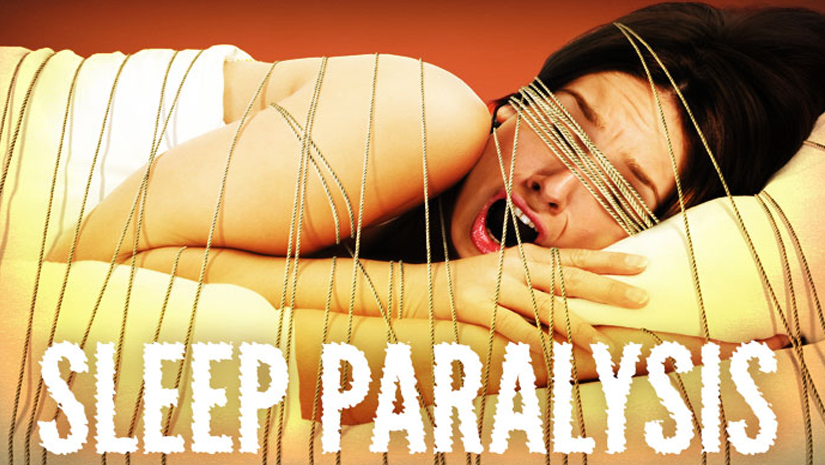
Introduction
Your eyes are open, you are sure you are awake, yet your body (except probably your extremities of fingers and toes) remains unmoved even when you wished to. This is sleep paralysis, a rare sleep disorder that occurs when the brain temporary paralysis your muscles to prevent you from acting out your dream and the sleeper wakes up, at the transitional moments- verge of falling asleep or while about to wake up. It more commonly happens when you sleep in a supine position and can be accompanied by hallucinations, making it superstitiously believed to be a demonic attack- by an incubus.
How does sleep paralysis happen?
As you sleep, you go through sleep cycles which are made up of a Rapid Eye Movement (REM) phase and Non- Rapid Eye Movement (NREM) phase. Throughout both phases, the brain stops sending impulses to the muscles, paralyzing and relaxing them. The aim of this muscle relaxation is to ensure you do not act or speak out in this delicate state of unconsciousness.
The NREM phase constitutes most of our sleep time, but it is the dormant phase. During the REM phase, there is a rapid movement of the eyes and this is when dreams occur and there is a tendency for you to speak out or act out your dream effectuating the need for the body muscles to be paralyzed. Sleep paralysis occurs when these muscles get paralyzed while you are about to, but yet to sleep, or when they remain paralyzed while you have woken up. The former, occurring at the onset of sleep, is referred to predormital and the later, occurring just before waking up, as postdormital.
Causes
Sleep paralysis is a relatively common sleep disorder affecting both men and women, and up to 1 in 4 persons, especially people in their late childhood and early adulthood. Therefore, it appears to be aged out. It can be triggered by many possible causes, however, an isolated sleep paralysis with no underlying cause can still occur. It can be genetic or psychological or precipitated by other conditions such as:
- Sleep deprivation.
- Narcolepsy: A sleep disorder where the brain losses the ability to regulate the sleep and wakefulness cycle.
- Use of certain psychoactive medications.
- Alcohol and drug abuse.
- Depression.
- Stress and fatigue.
Symptoms and diagnosis
Sleep paralysis is largely diagnosed by its symptoms after other related causes of sleeping disorders have been ruled out. Whenever you have temporary inability to move or speak at the inception or conclusion of sleep rarely lasting more than a few minutes, visit your doctor.
Other common symptoms include sleep apnea and hallucinations. Like seeing human figures and hearing voices and footsteps. Some persons might have a feeling of floating or intruder trying to strangle them. These imaginations are triggered in part by the hyper alert state of the brain whenever it perceives danger and susceptible.
Prevention and treatment
The best way to prevent sleep paralysis is by avoiding the triggers. A good sleeping habit and avoidance of psychoactive substances is the best.
However, there is currently no definitive treatment for sleep paralysis.
Onyeka, N. Victor
Clinical Medical Student.
Nnamdi Azikiwe University Teaching Hospital, Nigeria.
Onyeka, Nnaemeka Victor is a passionate content and copywriter. He is also a lover of poetry which have gotten him many publications.
Currently a clinical medical student, he has been privileged to get involved in so many philanthropic activities driven by passion to see a better world.
He simply loves writing, especially poetry and medical articles.


